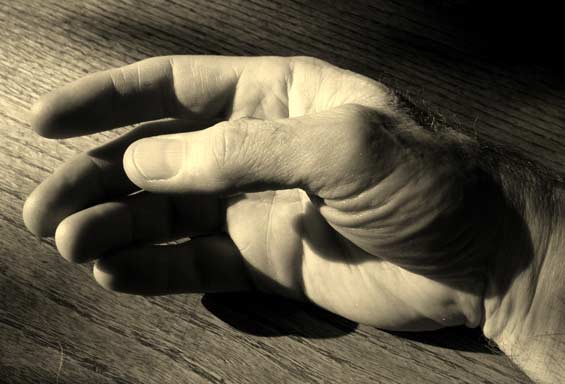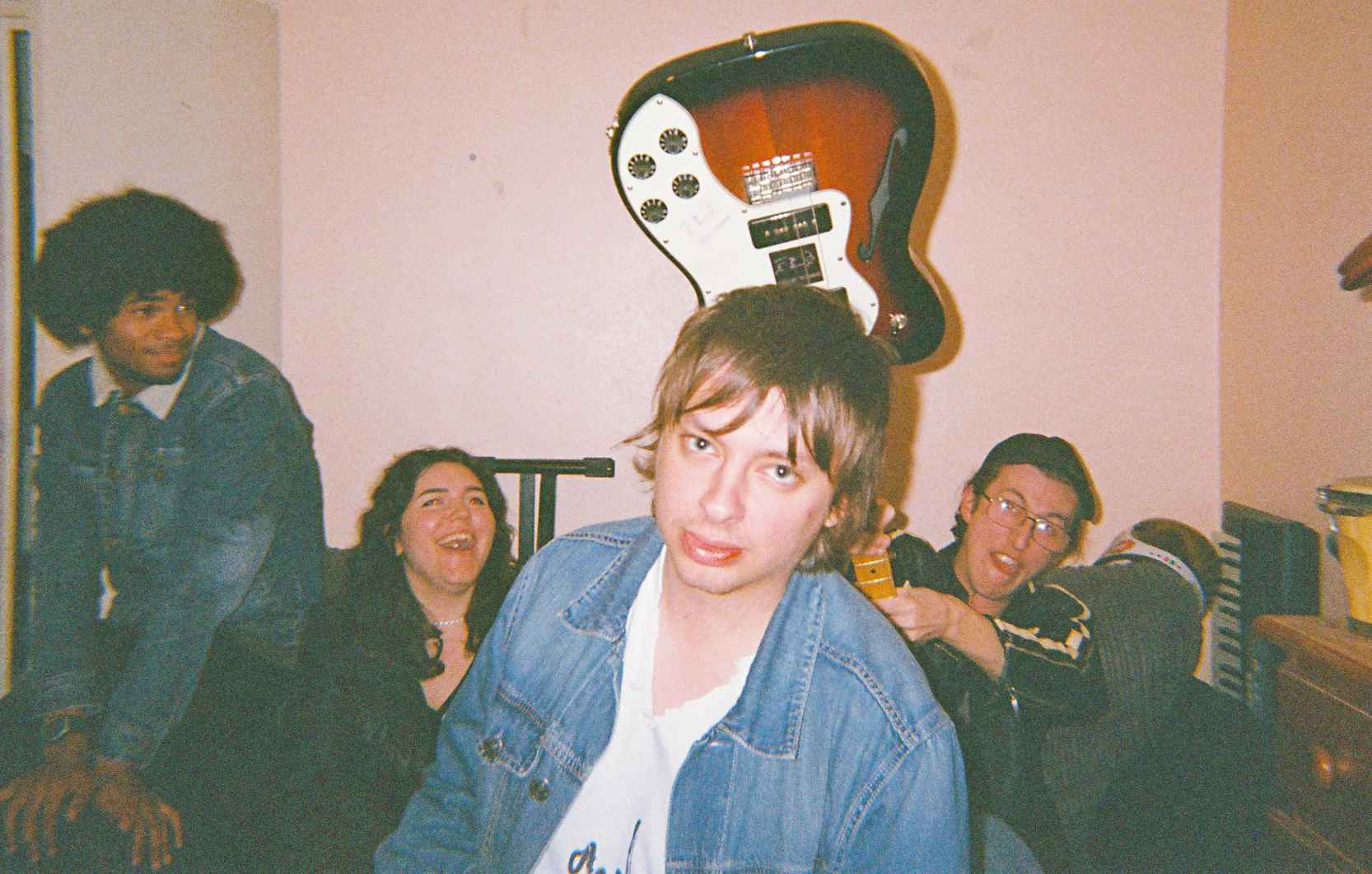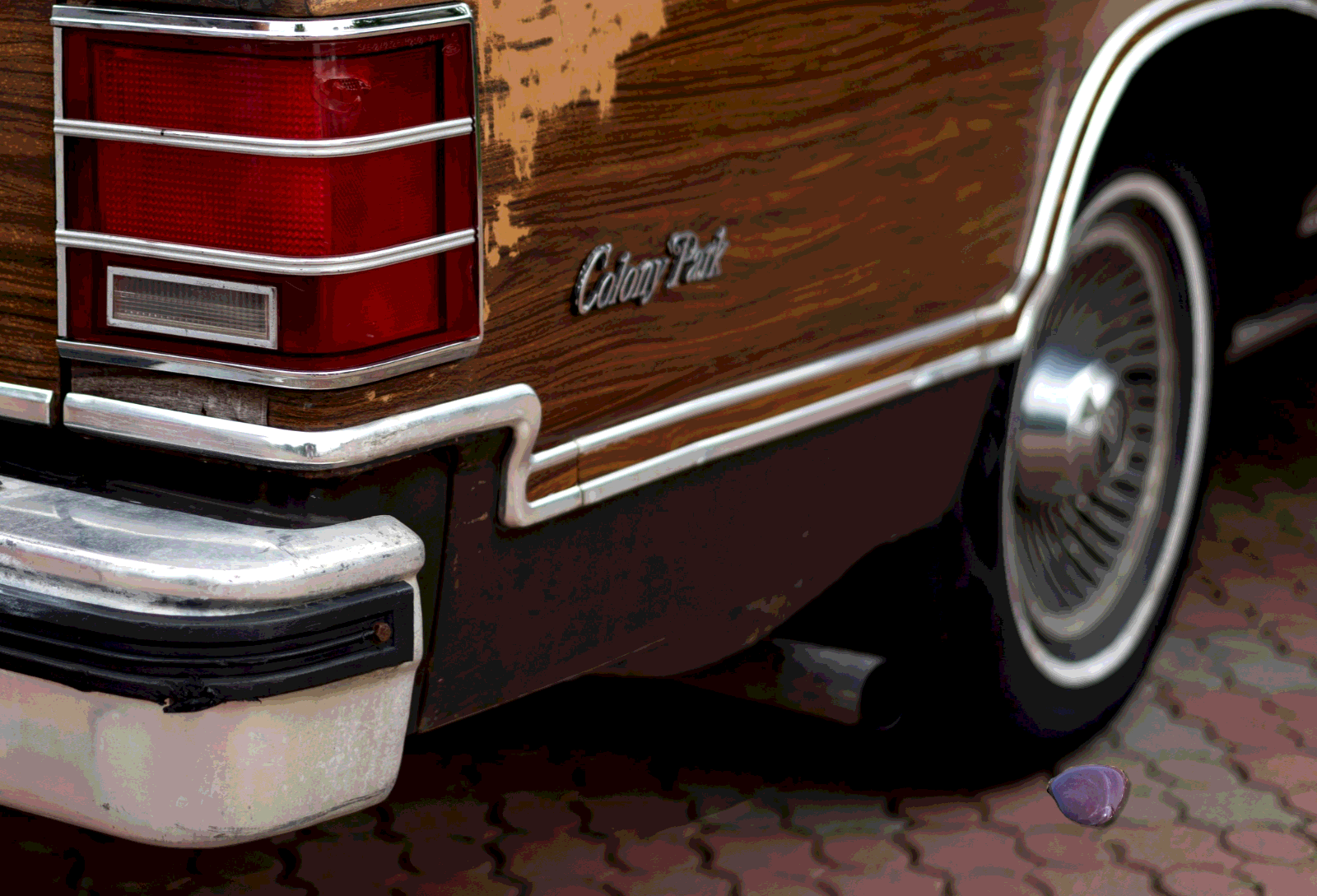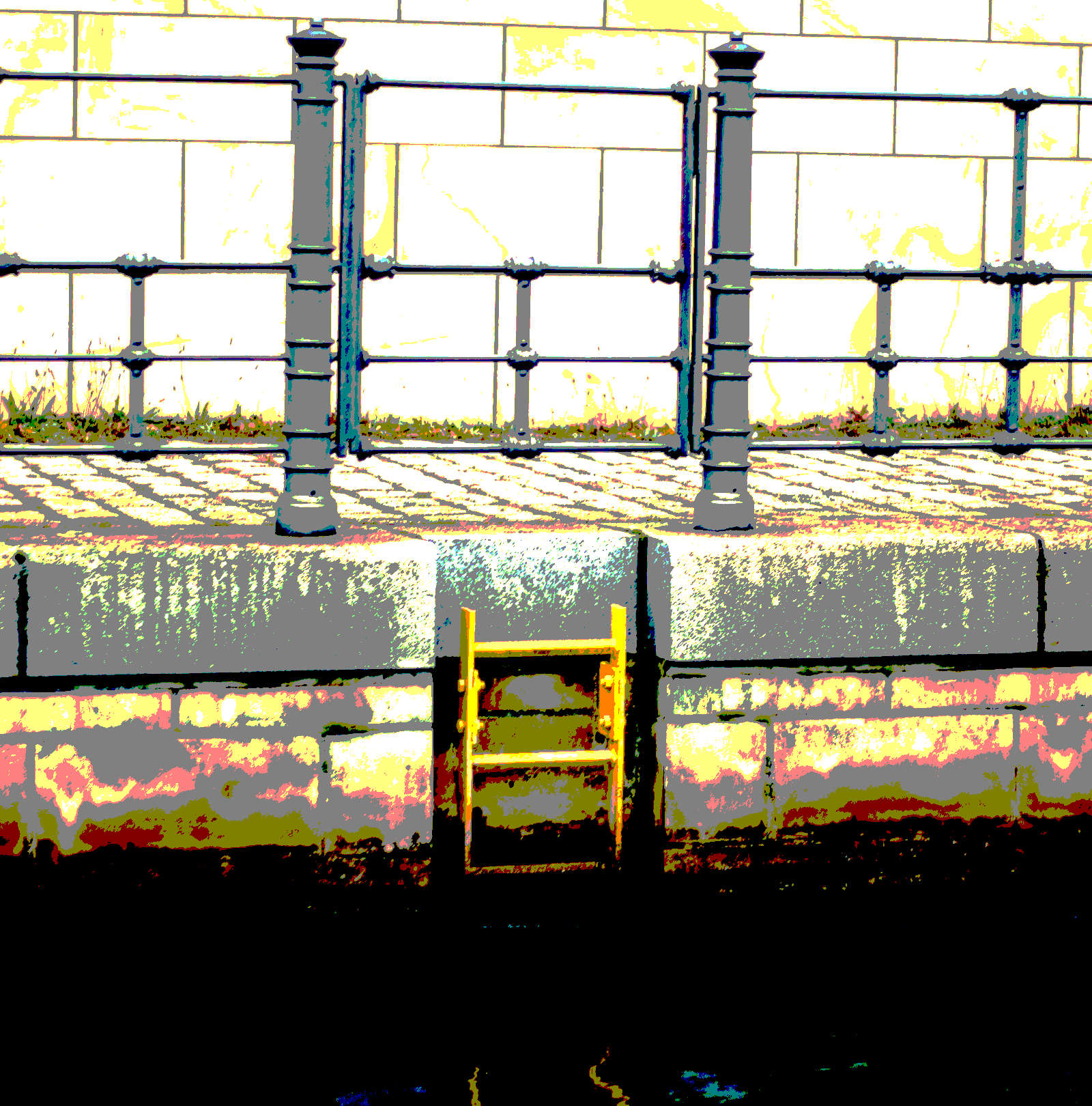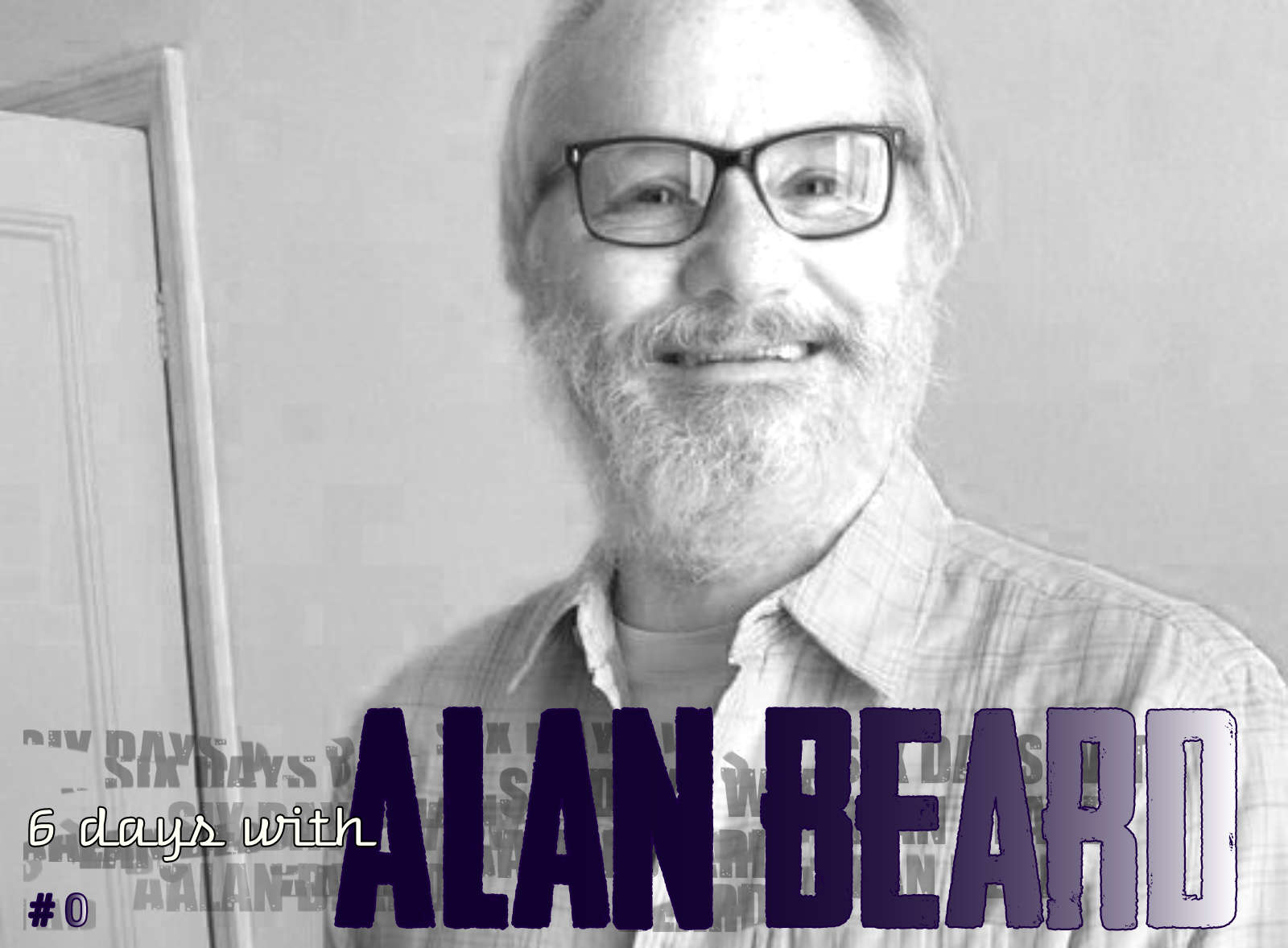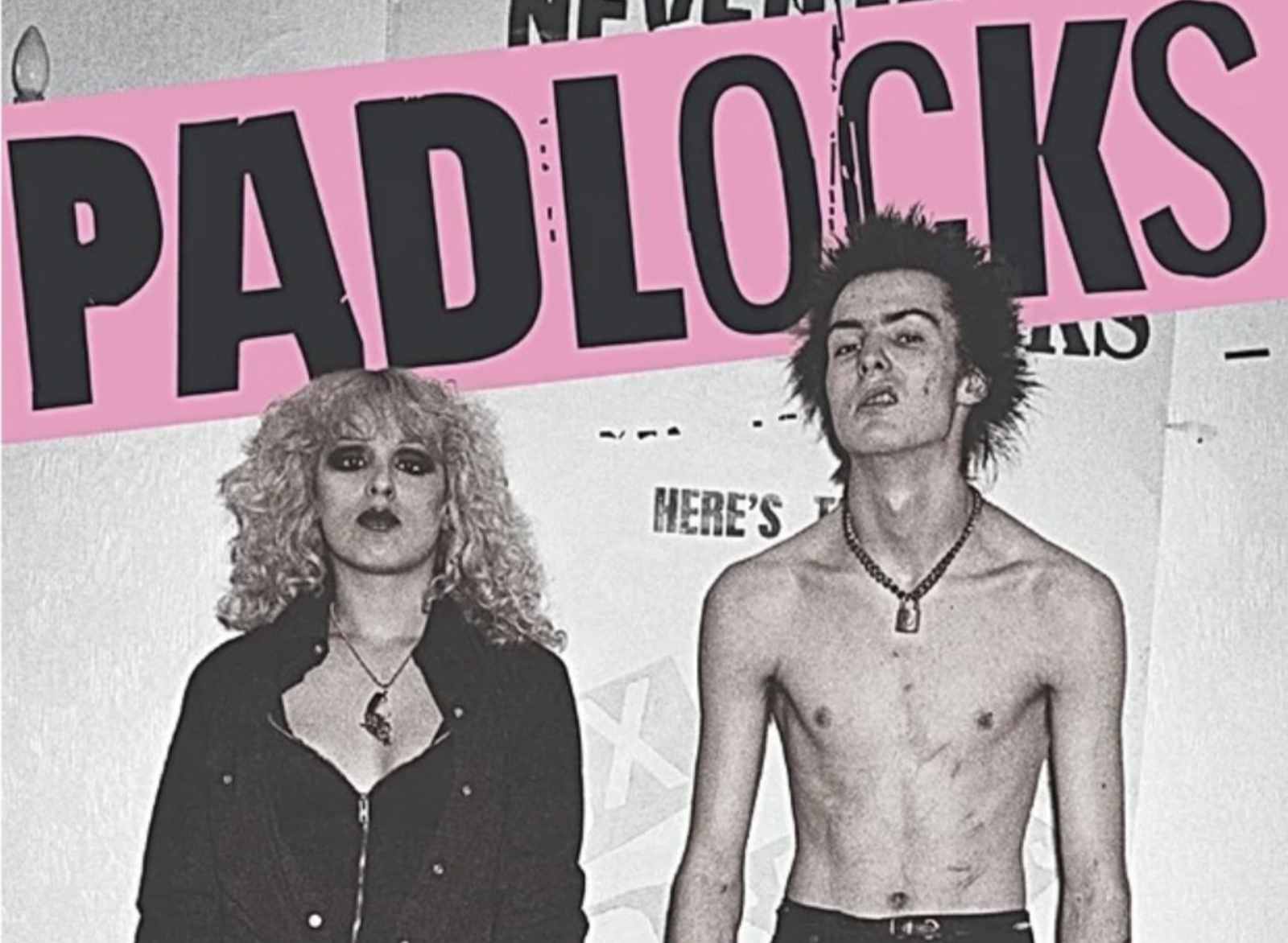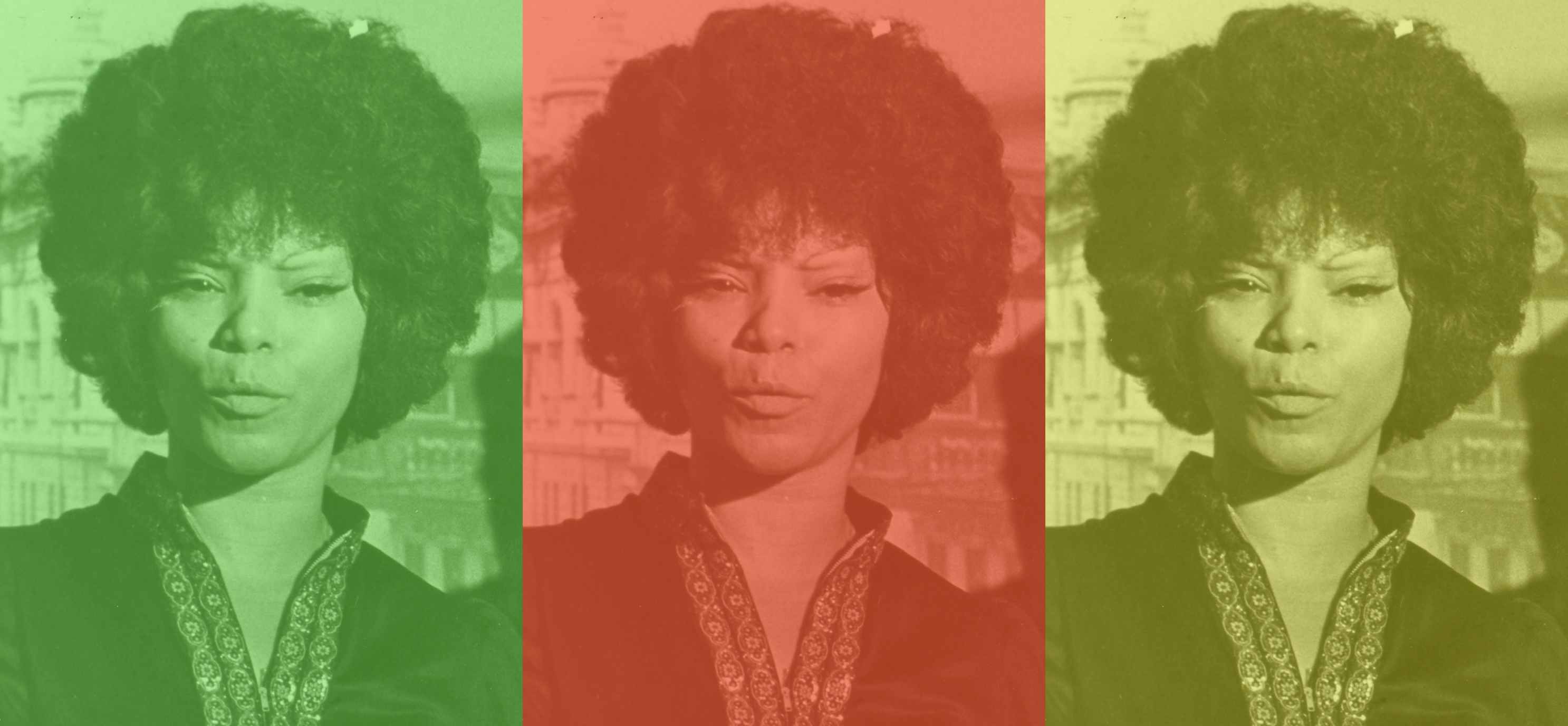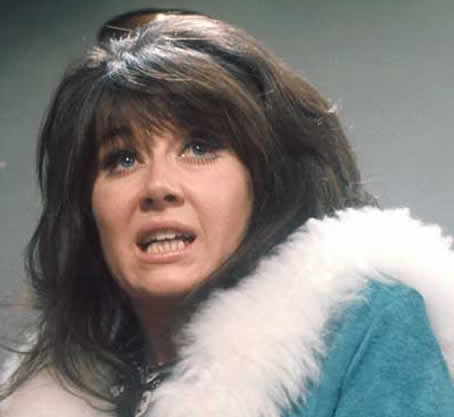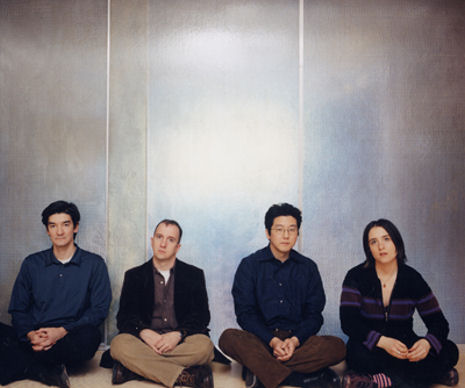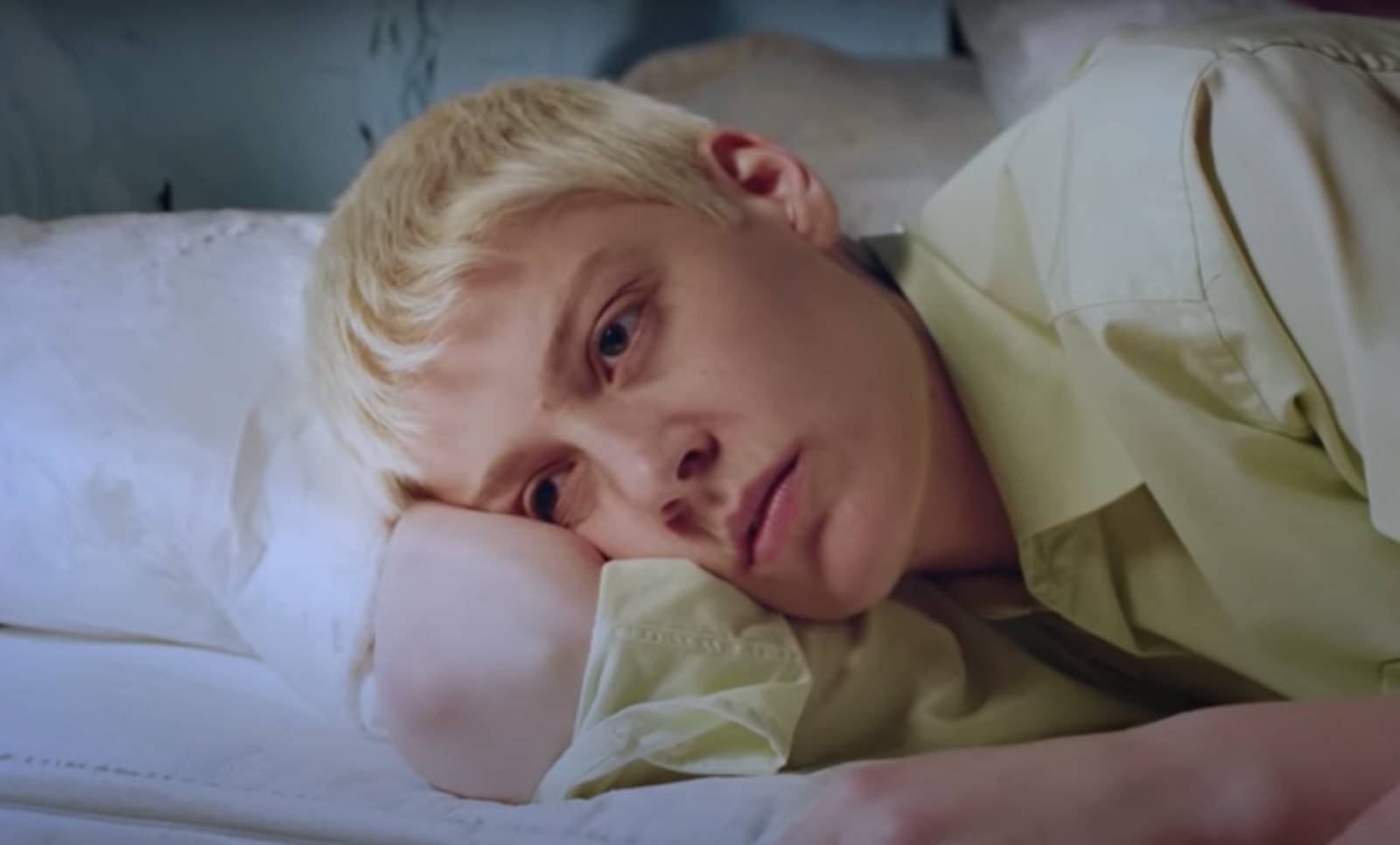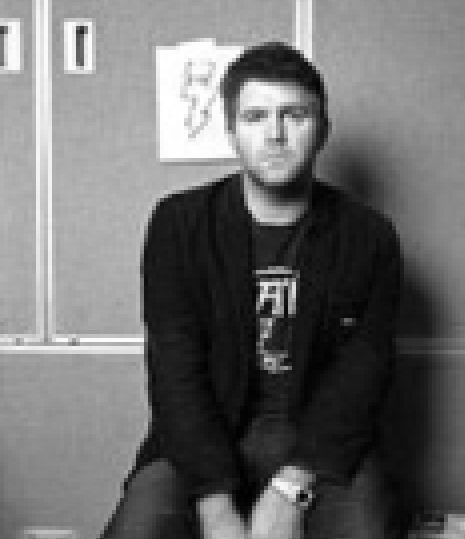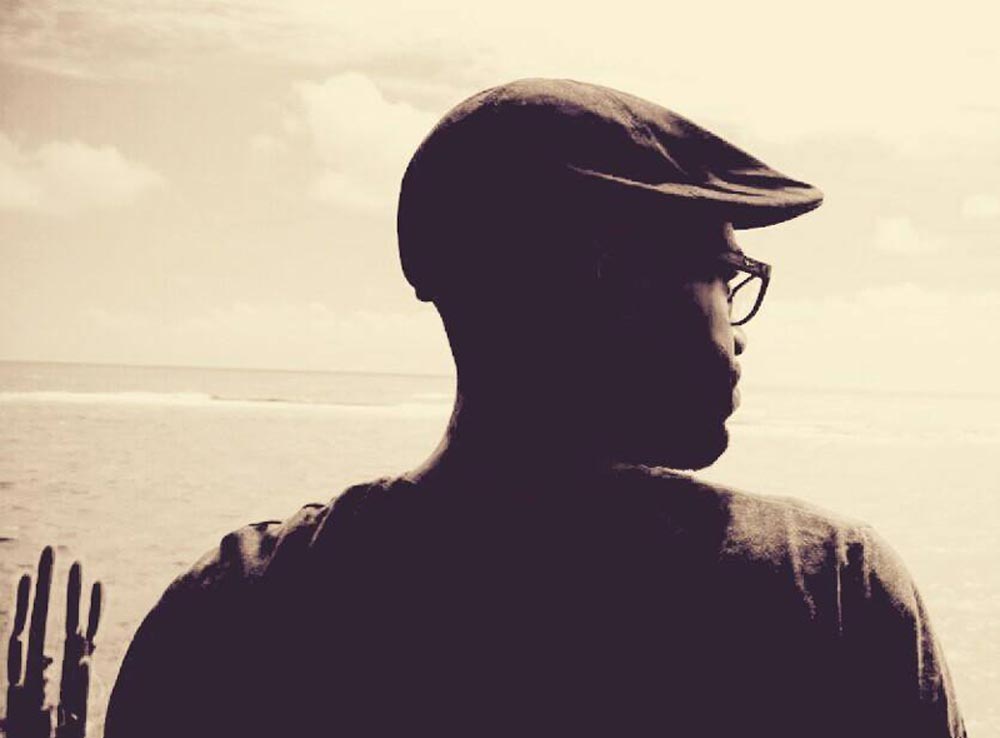When I was 14 I was sent to boarding school, across the ocean to America. It was a land to which I was ostensibly 'coming home,' being raised an expatriate, but one that was more foreign to me than anywhere I had ever been. The school I was going to was one of the best in the country, and by any measure I was lucky to have been admitted. It was a unique "opportunity" they said, in the way that adults use that word with kids, so laden with gravity that it squelches any protest rising in your throat, making you feel small for your hesitation, your fear and your obvious ingratitude. But I don't blame anyone for that or for anything that followed; 'my' adults believed sincerely that this would open worlds to me that would otherwise remain beyond my reach. And if I was less than convinced at 14 of the exact relevance of these worlds to mine, I knew what was expected of me. I was raised the man in my family, my father having died very young. Saying no was not really an option in my own still-forming sense of self and sense of honor.
I was not happy at boarding school. In my first days I broke the fingers of a dorm bully and was hauled off to a holding room until they could figure out what to do with me. It was decided that I could stay, but the incident was hushed up and for the rest of that year I lived on a top floor with the seniors, in a room by myself, removed from other potential victims of my unpredictable nature. Over time my transgression would be forgiven but never forgotten, and I felt I would never be part - nor did I want to be - of that fated fraternity of future leaders whose lives even then were hurtling towards brilliant careers, crowned with recognition and wealth and all of the social trappings befitting such a legion a young Caesars.
I am not as bitter about this as I sound, but I was a stranger in their world, and in other ways that would have sad consequences much later, I was already separating from important parts of my self, as though I were in someone else's life now. There were voices within calling for a retreat from external expectations, but I silenced them. To be fair, the dislocation of that exile was not relentless; there were good things too about the school. I had one or two inspiring teachers whom I'll remember until I die, less because they were great teachers - which they were - than because they were remarkable people. I remember thinking I would like to take some part of them with me when I left, and I guess I've done that. There was my Spanish teacher, a soft-spoken, gentle man who might as easily have been a priest, for he suffered our indignities and his own sad (so it seemed to me then) role as father to a profoundly impaired daughter with a quiet grace that humbled me. And there was my French teacher, tall, skinny and brilliant, whose ravishing wife was the subject of many a sticky schoolboy fantasy and yet who first made me realize that you can actually fall in love with someone else's mind, as she had with his. I did not have friends as such, but a few companions, the handful of foreigners there - from Europe, the Middle East or South America - who, like me, at most holidays didn't leave when everyone else did. Instead we were collected into a single dorm where a teacher who also didn't leave could keep an eye on us, at least make sure we were in at night. Our union was by default rather than common interest, as we whiled away the long weekends of Memorial Day and Labor Day and Thanksgiving and whatever, sometimes in each other's company, but more often just on our own, wandering the beautiful and silent woods of the deserted campus. I learned to be on my own a lot in boarding school, and that has been a good thing.
On Thursdays and Sundays we had chapel. Sundays, it goes without saying, we had a proper church service... nobody made much fuss about it then, certainly not in that garden of God's clear intent, for God was an integral part of the character we were supposedly building. Thursday evenings were a little different. The theme was usually more general, communal, sometimes thought provoking, though it also opened and closed with prayer. It's a funny thing, prayer, how we use it. I think of it as very intimate, private, not a pledge of allegiance or some sing-along. I like what Rowan Williams, the Archbishop of Canterbury, has to say about praying, that it's really about making space in your mind for something else to come in, whether it's a voice from above, a voice from beyond, or the just the sound of birds in the morning sun. The point isn't to speak to God, but to open yourself to beauty, inspiration and realization, so that whatever you think might happen can happen. Often nothing 'happens' at all, except rest and a few welcome moments of peace. Prayer is its own sanctuary.
Anyway, there I sat on Thursdays and Sundays, folded at right angles on cold, hard pews ripped from what must have been glorious oaks once, listening to the floating echo of the speaker's voice and looking down at my hands in my lap. There was nowhere else to put your hands, really, the sheer verticality of your position ruling out any slouching or slipping of hands into pockets. So I stared mutely at my hands, memorizing the contours, repulsed by their palor and softness, their almost reptilian smoothness. I hated my hands -- because they belonged to a child, and I did not want to be a child in that place. I knew that a man's hands had veins and color and hair, and that their lines and scars were tantalizing clues to a rich life hard-worked and fully lived, maybe a life on the high seas or on the planes of Africa. My hands were puny as yet, but as I sat there in the shafts of light that tunneled in from side windows through the musty chill of the chapel, I discovered that if I turned my hands a certain way, I could make out by their shadows the first suggested lines of veins. And in this way I passed many hours over the next three years, quietly angling my hands in the light to make the veins stand out, because these were the veins of my future, these were the hands - albeit only in x-ray preview - that I would have when I was a man.
I'm 54 years old now, and I have already lived and loved a lifetime's worth in the intervening decades. I've had a dozen professions, traveled the world and witnessed its breadth and beauty, seen awful things I wish I had not seen, but also been warmed by kindness and love and astonished by the insistence of hope. I have been married for 20 years to a wonderful woman I hope I once deserved, but am separated, and have a beautiful and joyful daughter who is just about the age I was when I sat in that now distant chapel. I am rather lost these days, having succumbed to awakening ghosts and perhaps to a mid-life melancholy. I am unsure what place the furious passions I feel coursing through me have in my life at this stage. Maybe none. Maybe I just don't want to be a grown up after all. There is a real sense of regression in all this, as almost every day I discover something I lost or put away a long time ago. Some might see this as a new life adventure to be embraced, but right now I mostly just see the cost - to my marriage and my family - and feel a profound shame that I have so deeply hurt the very people I swore to protect. It might be one thing if I could articulate a future that I see out there, but for now it's just day to day. Still, thinking in terms of a future at all is already something, I guess, for we are creatures who survive, even in spite of ourselves.
As I write this, I'm looking down at my hands, weathered, scarred, spotted here and there. There's no hiding the veins now, no trickery of light to mask them, and really I don't care at all. But it's funny how things go around and come around. With these hands I have built furniture, built rooms and mended a child's broken toys; scratched happy dogs behind their ears, and laid others down gently to their final rest; stroked the silk of a woman's skin in sensual caress, and broken men's bones in violence I might have avoided; opened and closed many doors, hoisted and abandoned many burdens. I have regrets, but all told there's not a lot I would undo, and much more I still look forward to.
If I could be a voice in the head of another boy somewhere, I would tell him only not to be in such a hurry. It all comes of its own, without our bidding. Harden your hands, if you like, for the work ahead, but keep your heart soft and open. And heed the truth you find in it. There is no other way that leaves you who you are.
